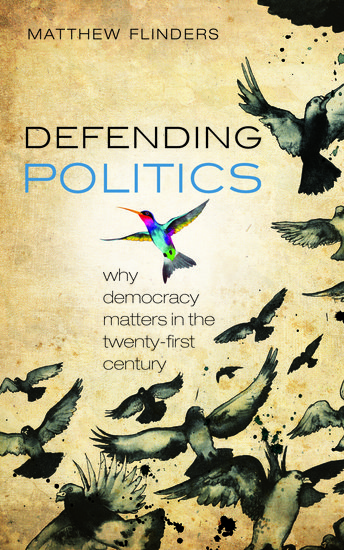Mad politics
By Matthew Flinders
If you are reading this blog then you’ve obviously survived ‘Blue Monday’. That is, the day in the third week of January when suicide levels tend to peak and demands for counseling rocket as a result of post-Christmas debt, dashed New Year resolutions, and the inevitable sense that this year is actually unlikely to be much different to the last.







